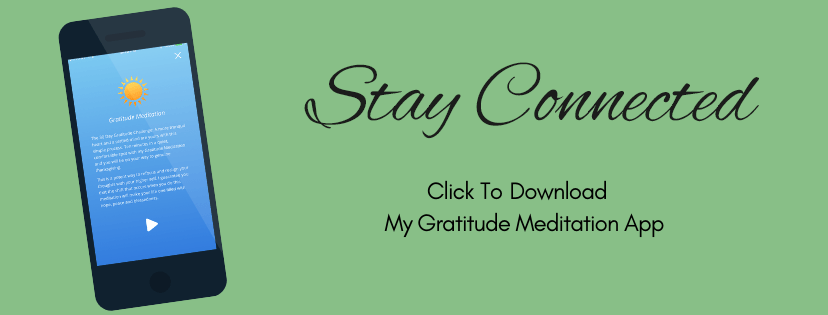You read that correctly. In women over 55, our level of anxiety, and depression, scientists now believe contributes to an increased risk of and/or a worsening of fractures from osteoporosis. This becomes especially true if you already suffer from this most common of bone diseases. Let’s unpack this new research for a closer look.
Your science lesson for today: The frequency of osteoporotic fractures—fractures as a result of having osteoporosis, a thinning and loss of bone tissue due to a variety of factors including hormone changes, vitamin D deficiency, and lack of calcium absorption—has drastically increased as people, especially women, live longer.
Our osteoporosis risk factor now factors as one of the leading health-care cost driver in both Europe and the United States.
Anxiety disorders rank among the most common mental disorders worldwide, and with Covid-19 added to the mix of stressors we humans are experiencing, anxiety is at an all-time high for people, everywhere. That’s not good news for the health of our bones, nor our immune systems, brains, and other organs.
Prior to new research done by Antonio Catalano MD and Gabriella Martino MD at the University Hospital of Messina, Italy, researchers were more narrowly focused on the psychological effects on women, and to a lesser extent on men, of living life with osteoporosis. The scope of previous study included women’s evolving pain level and their diminished ability to perform common daily activities because of the occurrence of fractures, which, closing the circle, effects a woman’s anxiety level. Women with anxiety disorders increase their risk of osteoporosis by almost double, verses women who don’t suffer from anxiety.
Higher levels of inflammation—the driver of all disease—appears in those with anxiety and is a compelling reason to get our anxiety levels down. Higher anxiety equals more inflammation throughout our bodies by the sustained release of the hormone cortisol. We end up with a compromised immune system which makes us more susceptible to all kinds of disease, most notably at this time in history, to Covid-19. This alone should give us renewed energy to try and chill more!
Often coupled with anxiety is depression, and we have good science on the effect of antidepressant drugs on bone loss. We know that women who take antidepressants (SSRIs) have a greater loss of bone density by more than one and a half times than women who don’t take antidepressants. This creates a double-whammy of literally eating away our bones then leaving us open to debilitating bone fractures, especially hip and vertebrae fractures, and altering our lives and mobility forever.
Fortified with this information, what can we do to counter these possible devastating effects?
- Stop caffeine, all sugar (including alcohol), and all white flour food products. Increase your organic dark leafy greens and the rainbow of other organic vegetables and fruits. (See the list of must-have organics at https://www.ewg.org/foodnews/dirty-dozen.php)
- Take up a meditation practice and become diligent about it. Meditation serves as a powerful knob in turning down the production of cortisol, which along with other hormones, drives our feelings of anxiety. By quieting our minds for at least twenty minutes, ideally twice a day, but once for sure, we give our minds and bodies a rest from the continual churning and replay of anxiety-producing thoughts. Science along with virtually all spiritual traditions tell us our thoughts create how we feel; they create how we experience our lives and the world around us. When we meditate, we let go for just a little while of judging ourselves, others, our situation, and world events. The opening we experience from just observing our thoughts, but not attaching to them and going down some windy path of the next thought about that, and then the next one and the next one, allows our body to do a re-set. Everything comes back into momentary balance, and after practicing consistently for a while, we find our level of anxiety has lessened and we experience a greater sense of calm, more of the time. Our cortisol levels comes down and our bones are more protected. It is simple and free to add this miraculous practice into our lives every day.
- Biofeedback ranks as another very effective strategy for lowering anxiety, and so lowering our osteoporosis risk factor. It helps us to see, and so control, how our thoughts effect our physical reactions. Working with a licensed therapist, and using painless electronic monitors attached to your fingers, ears, wrists, or scalp, often working in tandem interactively with a computer program or mobile device you can watch, you learn to actively control your body’s response to various thoughts. By raising your awareness of how anxious and calming thoughts effect your physiology, you become fully empowered to see and experience how directing your thoughts can literally change the way your body functions by increasing your coping abilities and leading you to a greater sense of calm and well-being. Wow.
The good news is we can lower our risk of osteoporosis this red-hot minute by becoming proactive in lowering our anxiety. Science has made great strides in the last few decades to give us wondrous tools, without drugs, to help us get control of those damaging thought processes and find a place of greater balance and peace.
Until next time…Be Vibrant!




